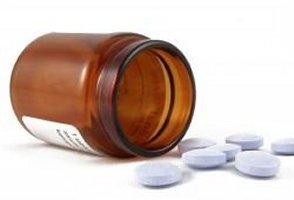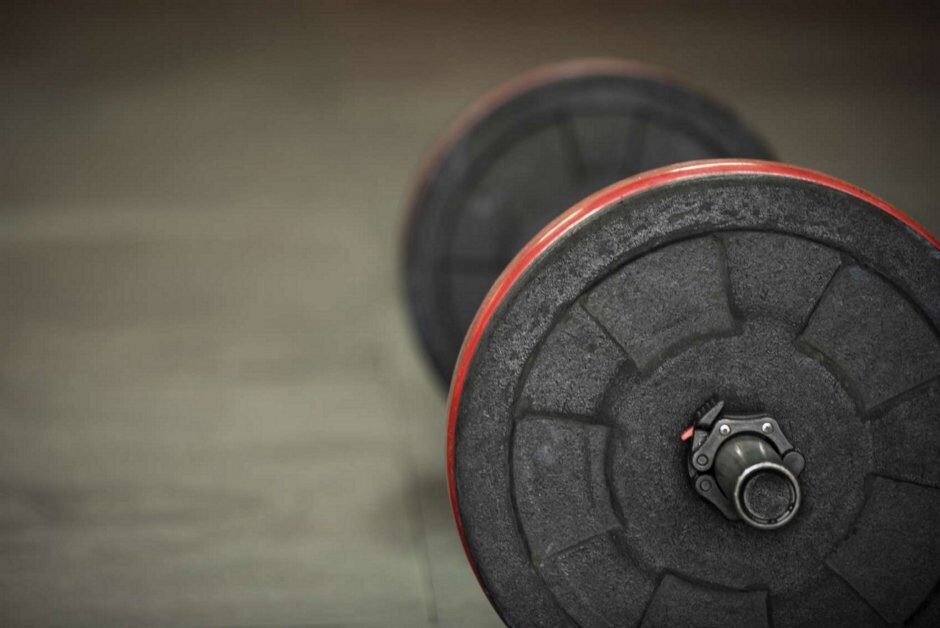A Powerlifters guide to Creatine
 Creatine is one of the most well known supplements on the market but also one of the most misunderstood and misrepresented. This article aims to bust some of the myths and misconceptions around Creatine and its uses.
Creatine is one of the most well known supplements on the market but also one of the most misunderstood and misrepresented. This article aims to bust some of the myths and misconceptions around Creatine and its uses.
What is Creatine
Creatine is found in the muscles, brain and testicles in stores called phosphocreatine stores/creatine phosphate stores. Creatine phosphate is readily available to the cells and rapidly produces ATP. It also exists in limited concentrations and it is estimated that there is only about 100g of ATP and about 120g of creatine phosphate stored in the body, mostly within the muscles. Studies show that“supplementation can increase phosphocreatine (PCr) and creatine (Cr) stores by 10–40%”
Creatine is not a steroid
Firstly what is a steroid ? according to the definition in the Dictionary “any of a group of usually synthetic hormones that are derivatives of testosterone, are used medically especially to promote tissue growth, and are sometimes abused by athletes to increase the size and strength of their muscles and improve endurance” On the other hand Creatine, is a tripeptide compound, made up of three amino acids (L-arginine, L-glycine, and L-methionine) and has no relationship with testosterone.
Forms of Creatine
There are many sources of Creatine including from plants and animals. It can be obtained from a plant called ginseng but is most abundant in fish and meat, in particular salmon, tuna and beef. It can be taken in the form of creatine powder or in tablet form depending on which supplement company you use. The human body can create creatine by synthesising it in the liver from the amino acids L-arginine, glycine, and L-methionine.
But is Creatine safe ?
There are a lot of claims floating around the vast internet with claims such as “Creatine Causes Kidney Problem” and “Creatine gives you Roid Rage”, but the reality is Creatine is one of the most thoroughly researched supplements and every study agrees: Creatine is safe. Not, creatine is safe in some scenarios, or creatine is great for athletes but Creatine is Safe.
So what are the benefits of supplementing with Creatine ?
In a study in the study (J Strength Cond Res. 2003 Nov;17(4):822-31. Effects of creatine supplementation and resistance training on muscle strength and weightlifting performance.) the team analysed the data from a wide selection of studies looking at the effect of Creatine on Strength and muscle gain. What they found was that there is substantial evidence to indicate that Creatine supplementation during resistance training is more effective at increasing muscle strength and weightlifting performance than resistance training alone.
Other Studies have found that Creatine also improves endurance, may reduce the inflammatory response induced by strenuous exercise, helps keep you better hydrated in hot outdoor conditions. It has also been discovered in another study that Creatine users had significantly less cramping, heat illness or dehydration, muscle tightness, muscle strains, and total injuries than non-users.
Jose Antonio, PhD, said, “Creatine has been shown to have beneficial effects in kids with traumatic brain injury, kids being treated for cancer, [and] kids with muscular dystrophy as well as teenage athletes.”
Further Reading
Shao A, Hathcock JN. Risk assessment for creatine monohydrate. Regul Toxicol Pharmacol. (2006)
Bender A, et al. Long-term creatine supplementation is safe in aged patients with Parkinson disease. Nutr Res. (2008)
Balsom P, et al (1995) Increase in total-body mass and lean mass with no gain in fat. Acta Phhysiol Scand 154:303.
Chwalbinska-Moneta J (2003) Effect of creatine supplementation on aerobic performance and anaerobic capacity in elite rowers in the course of endurance training. Int J Sport Nutr Exerc Metab 13(2):173–83.
Kilduff LP, et al (2004) The effects of creatine supplementation on cardiovascular, metabolic, and thermoregulatory responses during exercise in the heat in endurance-trained humans. Int J Sport Nutr Exerc Metab 14(4):443–60.
Bassit RA, et al (2008) Creatine supplementation reduces plasma levels of pro-inflammatory cytokines and PGE2 after a half-ironman competition. Amino Acids 35(2):425–31.
Rae C, et al (2003) Oral creatine monohydrate supplementation improves brain performance: a double-blind, placebo-controlled, cross-over trial. Proc Biol Sci2 70(1529):2147–50.
Murphy AJ, Watsford ML, Coutts AJ, Richards DA (2005) Effects of creatine supplementation on aerobic power and cardiovascular structure and function. J Sci Med Sport 8(3):305–13.
Gualano B et al (2008) Effects of creatine supplementation on renal function: a randomized, double blind, placebo-controlled clinical trial. Eur J Appl Physiol 103(1):33–40.
Thanks for the information about creatine. I also at one time came across a discussion saying that the product is not safe, but I have learned from you that indeed it is 100% safe.
Probably the safest supplement to add to your stack is your creatine. This of course takes into account that you are not affected by any disease or anything. Great content out there, I appreciate the time an effort you have put into the research. Probably i will be returning to your website pretty often.


Wow, your article is almost academic. Prior to reading this on your blog, I had no idea about creatine. I believe where there is smoke, sometimes there is fire. What is on the other side of the coin? What leads other people to misrepresent the supplement or believe it may be unsafe?
Do you use creatine and do you see any positive effects?